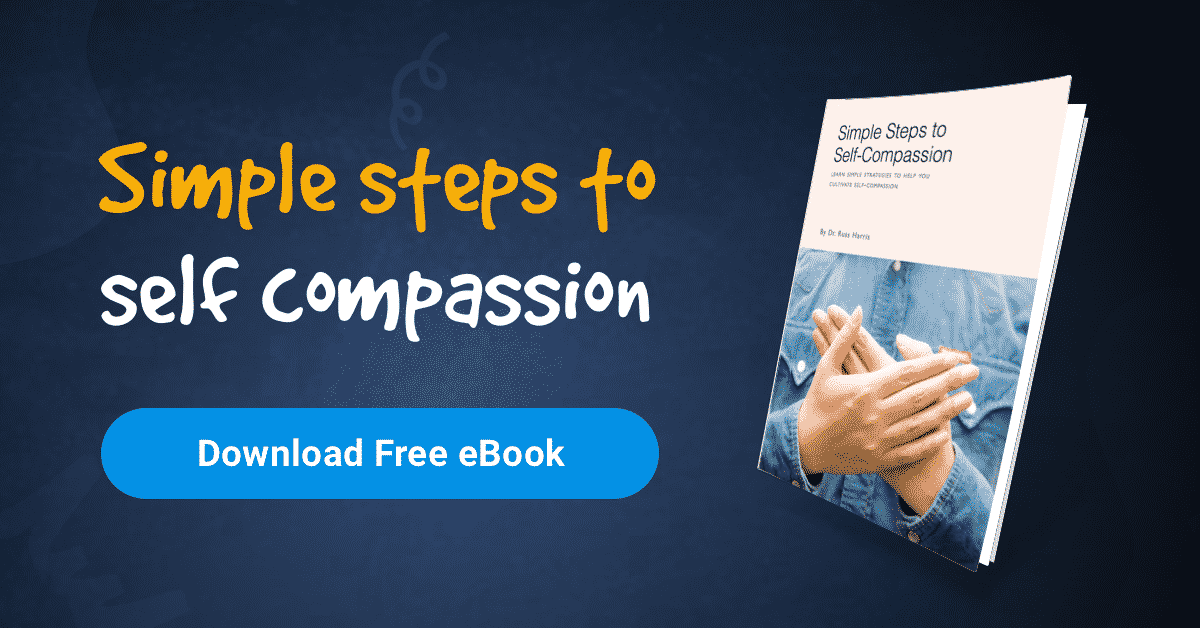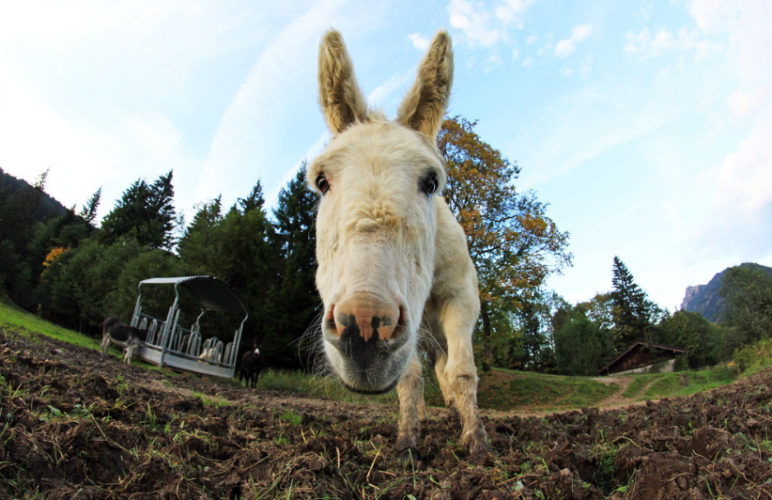D) Routines
If you get up every morning at the same time to meditate or exercise or do yoga, over time that regular routine will become habitual.
In other words, you won’t have to think so hard about doing it; it will start to come naturally; it will require less ‘willpower’; it will become a part of your regular routine. So experiment: see if you can find some way to build a regular routine or ritual around your new behavior.
So it starts to become part of your way of life. For example, if you drive home from work, then every night, just before you get out of your car, you might do two minutes of mindful breathing, and reflect on what values you want to live by when you walk through the front door into your home.
E) Relationships
It’s easier to study if you have a ‘study-buddy’; easier to exercise if you have an ‘exercise-buddy’. In AA programs, they team you up with a sponsor who is there to help you stay sober when the going gets tough.
So can you find a kind, caring, encouraging person who can help support you with your new behavior? Maybe you can check in with this person on a regular basis, and tell them how well you are doing, as mentioned in Rewards.
Or maybe you can email your support person the Records you’ve been keeping. Or maybe you can use the other person as a Reminder; ask them to remind you to do the new behavior, if and when that would be useful. For example, you might say to your partner, ‘When you see me worrying, can you please remind me to do some mindful breathing?’
F) Reflecting
Regularly take time to reflect on how you are behaving, and what effect it is having on your life. You can do this via writing it down – Records – or in discussion with another person – Relationships.
Or you can do this as a mental exercise throughout the day, or just before you go to bed, or just as you’re waking up in the morning. You simply take a few moments to reflect on questions such as:
- “How am I going?”
- “What am I doing that’s working?”
- “What am I doing that’s not working?”
- “What can I do more of, or less of, or differently?”
Make sure you also reflect on the times that you STOP doing the new behaviour, and fall back into the old one. Notice what triggers those relapses and setbacks, and notice what it costs you – i.e. how do you suffer? – when that happens.
This doesn’t mean beat yourself up! This means non-judgmentally reflect on the genuine costs to your health and wellbeing of falling back into old habits – and use your awareness of the suffering this causes you to help motivate yourself to get back on track.
G) Restructuring
We can often restructure our environment to make our new behaviour easier, and therefore more likely to sustain.
For example, if the new behavior is ‘healthy eating’ we can restructure the kitchen to make that easier: get rid of or hide away the junk food, and stock the fridge and pantry with the healthy stuff.
If we want to go to the gym in the morning, we could pack up our sports-gear in our gym-bag, and place it by the side of the bed or somewhere else obvious and convenient, so it’s all ready to go as soon as we get up.
(And of course, when we see our gym kit lying there, it acts as a Reminder.)
So there you have it.
‘The seven Rs’: Reminders, Records, Rewards, Routines, Relationships, Reflection, and Restructuring.
Now be creative; mix and match these methods to your heart’s content, to create your own set of tools for lasting change.
Good luck with it!




